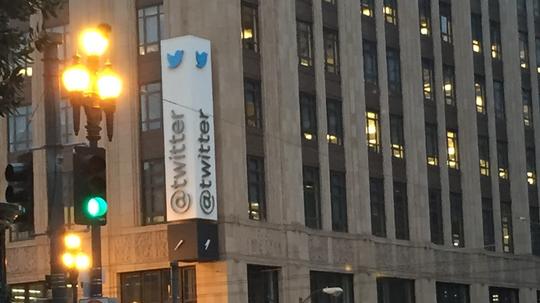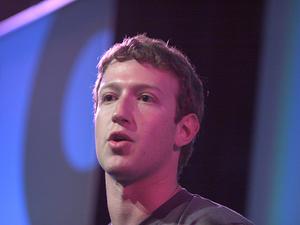
With the optics of layoffs and uncertainty at two of the largest social media platforms – Facebook (Nasdaq: META) and Twitter (NYSE: TWTR) – some Triangle business leaders are pondering their future with the companies.
But ask Jim Tobin, the serial entrepreneur behind Raleigh’s Ignite Social, and most brands won’t be jumping ship anytime soon – even as alternative platforms exist that can attract eyeballs from potential customers. For entrepreneurs struggling to attract social media attention with tight budgets – some of the alternatives might even be a better track to go viral, he said.
Tobin said that for now, his clients are “watching” Facebook and Twitter. They’re not making any changes, despite thousands of reported layoffs at Meta-owned Facebook and Tesla billionaire Elon Musk’s controversial takeover at Twitter, a move that also meant thousands of pink slips.
Twitter – not Facebook – has dominated the client conversation, he said.

Facebook had gotten “bloated” over the years, Tobin said. Add in huge investments in the metaverse and “there’s a time for reckoning in terms of their spend.” With Twitter, however, it’s a more complex situation. He’s heard from clients contemplating their future on the platform entirely.
But he’s not seeing major moves by brands – at least not in terms of their social presence yet.
“At the same time, we’re not seeing a lot of change in terms of performance on our client’s social accounts,” he said. That means there’s no real change when it comes to things like negative Twitter comments, he said.
“We’re still watching day by day to see what real changes for our clients are, and so far, there really aren’t many,” Tobin said.
That being said, there are alternatives.
Even before Musk’s buyout of Twitter, Tobin was encouraging clients to seriously consider Tiktok.
In particular, entrepreneurs with tight budgets and something to say may find organic success on the platform.
“You’re not paying to advertise … it’s organic content that can really go viral if it’s good quality, and that’s something that has been missing from Facebook for a while now,” he said. But Tiktok is more difficult than Instagram, where a single photo can get a slew of likes. For Tiktok to take off, it has to be interesting. It’s a similar lift, but it takes more time and planning.
There are other social media outlets being posed as alternatives.
Mastadon, for example, has attracted some attention from Triangle professionals – but it’s a decentralized platform and can be “confusing.” Users join servers instead of the whole platform as they do with Twitter. The complexity is part of why brands haven’t “looked at going on Mastadon yet,” Tobin said.
While brand users aren’t dropping the platform in droves, many are re-evaluating their advertising spend on Twitter. Musk tweeted Nov. 4 that Twitter has had a “massive drop in revenue,” a fact he blamed on activist pressure on advertisers.




